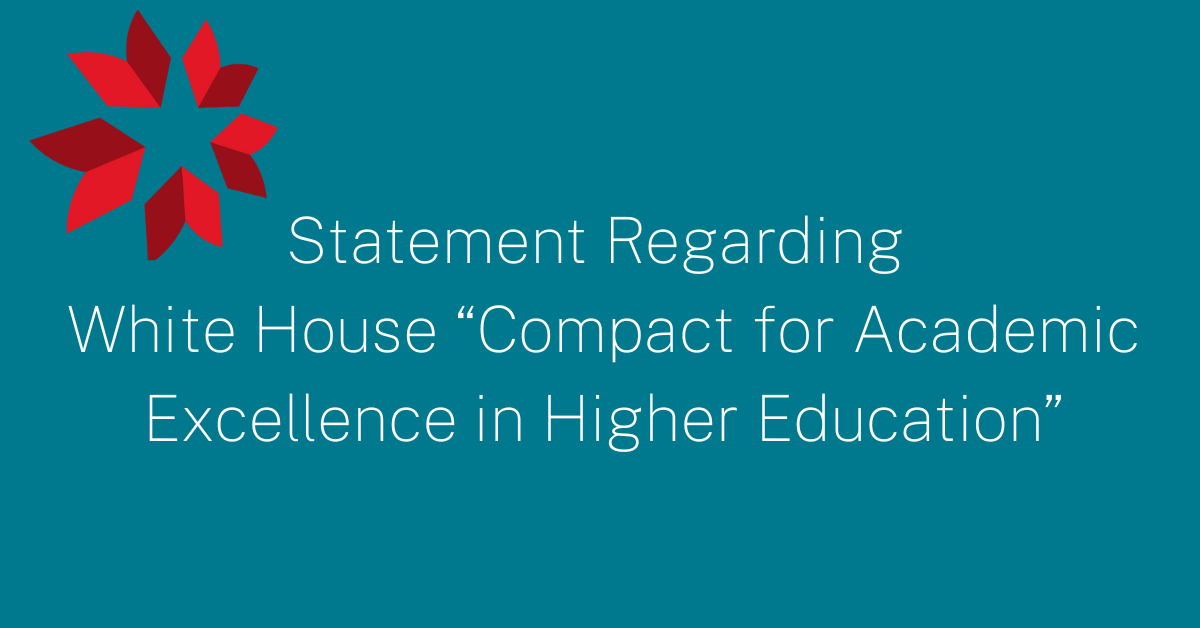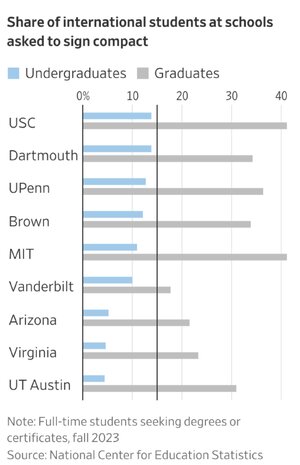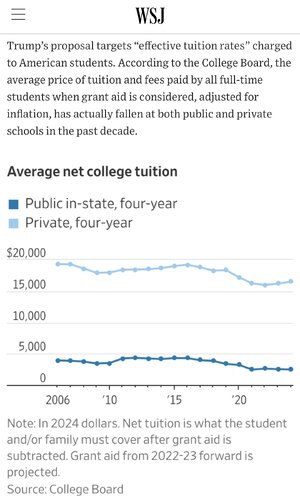donbosco
Legend of ZZL
- Messages
- 6,955
"The White House is offering these nine universities a Hobson’s choice: give up privileged access to the public funding that supports vital research or make the university into an arm of the federal government. Under financial and political pressure, university leadership, trustees, and regents may be tempted to sign and try to mitigate the damage later. We exhort them to see the truth beneath the administration’s pretext of encouraging ideological diversity and affordability. No institution that is committed to the free pursuit of knowledge should submit to the degradation of autonomy and academic freedom contained in it.”

 www.acls.org
www.acls.org

ACLS Statement Regarding White House “Compact for Academic Excellence in Higher Education”
ACLS stands firmly against this latest White House effort to divide faculties by giving special privileges to students in “hard science programs” and its demand that institutions abolish “units that purposefully punish, belittle, and even spark violence against conservative ideas.”


